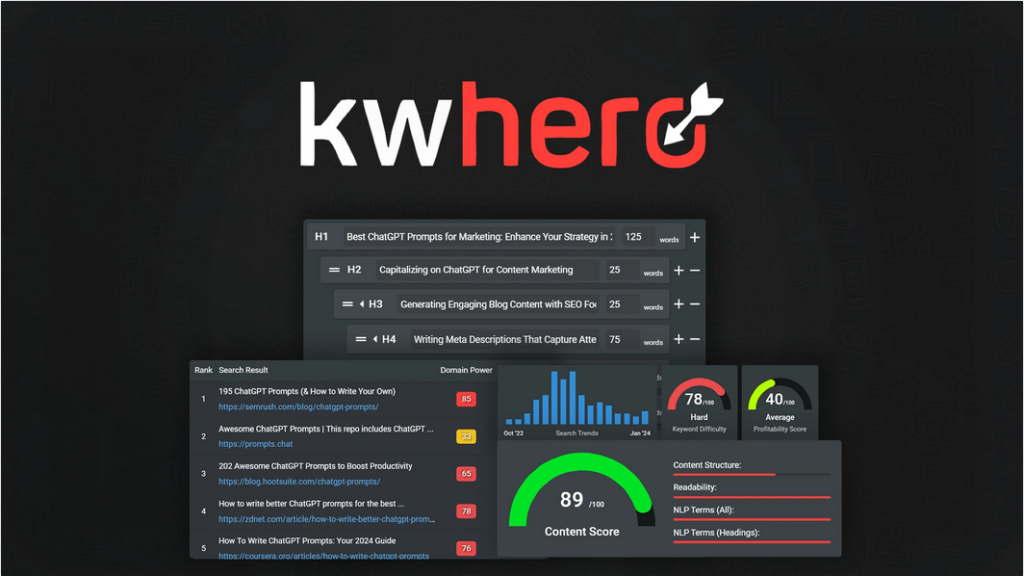Optimization AI Data Warehouse
In today’s digital age, businesses are constantly seeking ways to optimize their operations and maximize efficiency. One key tool that has emerged in recent years is the use of artificial intelligence (AI) to analyze and optimize data warehouses. By leveraging AI technology, businesses can gain valuable insights into their data, identify patterns and trends, and make more informed decisions.
What is an AI Data Warehouse?
An AI data warehouse is a centralized repository of data that is used for analysis and reporting. Unlike traditional data warehouses, which require manual intervention and programming to extract insights, AI data warehouses leverage machine learning algorithms to automate the process. This allows businesses to quickly and easily access valuable insights from their data, without the need for specialized technical expertise.
Benefits of Using an AI Data Warehouse
There are several key benefits to using an AI data warehouse in your business operations:
- Improved Data Accuracy: AI algorithms can automatically detect and correct errors in the data, ensuring that the information being analyzed is accurate and up-to-date.
- Faster Decision-Making: By automating the data analysis process, businesses can quickly generate insights and make informed decisions in real-time.
- Cost Savings: AI data warehouses can reduce the need for manual data manipulation and analysis, leading to cost savings and increased efficiency.
- Enhanced Data Security: AI technology can help identify and mitigate security risks, ensuring that sensitive data is protected from potential threats.
read about Optimization AI data storage
How AI Optimizes Data Warehouses
AI technology can optimize data warehouses in several ways:
- Automated Data Processing: AI algorithms can automatically process and analyze large volumes of data, saving time and increasing efficiency.
- Predictive Analytics: By using machine learning algorithms, businesses can predict future trends and patterns in their data, allowing for proactive decision-making.
- Personalized Insights: AI can tailor insights to individual users, providing customized recommendations and suggestions based on their specific needs and preferences.
- Continuous Learning: AI algorithms can continuously learn and adapt to new data, ensuring that insights remain relevant and up-to-date.
read about
Best Practices for Implementing an AI Data Warehouse
When implementing an AI data warehouse in your business, it’s important to follow these best practices:
- Define Your Goals: Clearly define your business objectives and goals for implementing an AI data warehouse, ensuring that the technology aligns with your strategic priorities.
- Choose the Right AI Tools: Select AI tools and algorithms that are well-suited to your business needs, taking into account factors such as data volume, complexity, and scalability.
- Train Your Team: Provide adequate training and support to your team members to ensure they have the necessary skills and knowledge to effectively leverage AI technology.
- Monitor Performance: Continuously monitor the performance of your AI data warehouse, identifying areas for improvement and optimization to maximize its impact on your business operations.
Conclusion
In conclusion, an AI data warehouse can provide businesses with a powerful tool for optimizing their data analysis and decision-making processes. By leveraging AI technology, businesses can gain valuable insights, improve efficiency, and drive innovation in their operations. By following best practices and implementing AI tools effectively, businesses can unlock the full potential of their data and stay ahead in today’s competitive business landscape.
This article provides an overview of the benefits of using an AI data warehouse and best practices for implementation. For more in-depth guidance on optimizing your data warehouse with AI, consult with a professional SEO content writing expert.
FAQ
- What is an AI Data Warehouse?
An AI data warehouse is a centralized repository of data that leverages machine learning algorithms to automate the process of analysis and reporting, providing valuable insights without the need for manual intervention.
- What are the benefits of using an AI Data Warehouse?
- Improved Data Accuracy
- Faster Decision-Making
- Cost Savings
- Enhanced Data Security
- How does AI optimize data warehouses?
- Automated Data Processing
- Predictive Analytics
- Personalized Insights
- Continuous Learning
- What are the best practices for implementing an AI Data Warehouse?
- Define clear objectives and goals
- Ensure data quality and integrity
- Provide training and support for users
- Regularly monitor and evaluate performance


